Choosing a shopping cart can be complicated, leaving you bamboozled by an array of options. A web design agency could suggest Magento, but your friend’s son is adamant PayPal’s cart is the panacea you’ve been looking for. With so many choices, you need to work out which option will cater for the demands of your business today and tomorrow.
Picking any old shopping cart is easy, but finding the right one can be a herculean task. It’s not about finding the best; it’s about finding the one that’s best for you.
Magento
Magento is a free open source shopping cart with an impressive depth of features. For those looking for an enterprise grade ecommerce platform, it can be a serious option. It comes with multi-store as standard, flexible pricing functionality and a hierarchical administration and permissions system to support multiple users. With Magento Connect, it’s possible to install a host of quality modules to add additional functionality.
Magento’s additional functionality comes with a price: reduced usability. If you’re looking for the simplest shopping cart, and don’t need all the bells and whistles, you may find yourself feeling better satisfied with another option. Magento also requires more sophisticated programming skills than some competing carts. For smaller operations, the hosting requirements can be quite cumbersome.
Oscommerce
The software is free and open source, existing since March 2000. In August 2008, it powered over 14,000 online shops. In June 2009, that number is closer to 12,000. While Oscommerce’s popularity may be in decline, that’s not to say it might not be the right solution for you.
Oscommerce is often criticised for having too complex code. This can make changes difficult and laborious. However, it has a strong community that provides free support and its extensive range of modules can help you to achieve an optimum solution.
Zen Cart
Zen Cart and Oscommerce share a lineage. Using Oscommerce’s code, Zen Cart became a standalone project. And, similar to its cousin, Zen Cart is free and open source. While Zen Cart and Oscommerce have many of the same advantages and disadvantages, Zen Cart has demonstrated better competence and direction.
PayPal Shopping Cart
While PayPal’s Shopping Cart is free, it comes with two main catches. Firstly, you have to process payments with PayPal (which is rarely the cheapest option.) Secondly, PayPal tries to encourage each of your customers to sign up for a PayPal account and could damage your conversion rate in the process.
If you want to have a PayPal payment option, you do not have to use PayPal’s shopping cart. Most leading shopping cart options come with a PayPal payment option, which is testament to its ubiquity.
PayPal’s cart is lacking in features and sophistication. Its true benefit comes in its ease of set up. All you need to do is copy and paste code which directs visitors off your website onto PayPal’s.
Google Checkout
Google Checkout is similar to PayPal in its simplicity and ease of set up. Code can simply be copied and pasted into your website, or you can integrate Google Checkout as a payment option into another cart.
PrestaShop
PrestaShop is a free and open source shopping cart that is aimed primarily at small and medium sized businesses. While it was started in France, the project is fully supported in English as well. A key feature of PrestaShop is PrestaStore, a website selling themes and modules for website customization.
PrestaShop is lightweight and has clean code, giving it a key advantage over some of its competitors. The software also comes with a high degree of flexibility around pricing and back office administration requirements.
Despite that, PrestaShop is still seriously lacking in some areas. Firstly, there is a lack of templates and modules available compared to some of their competitors. And, secondly, support could improve too. With time and growth, both of these issues could improve.
Shopify
Shopify is a hosted solution that is simple to set up. For those who do not want to manage their own hosting and security, Shopify will take care of that on your behalf. The cart comes with a good range of templates and designs can easily be customized. The shopping cart software has a strong feature set; you can also access modules and applications developed by others.
With shopify, you will always be tied to the company and their platform. Another disadvantage of Shopify relates to their pricing policy. Prices range from $24-$699 per month with a transaction fee of 0%-2%.
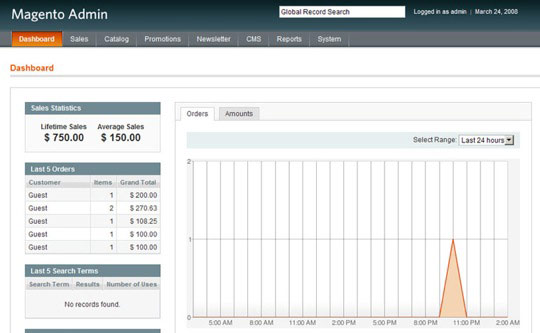
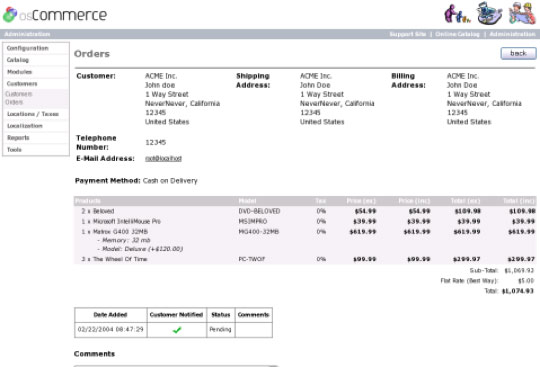
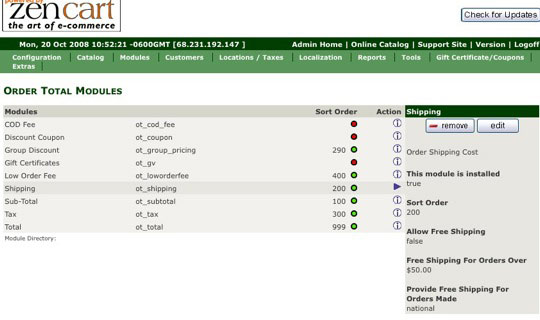
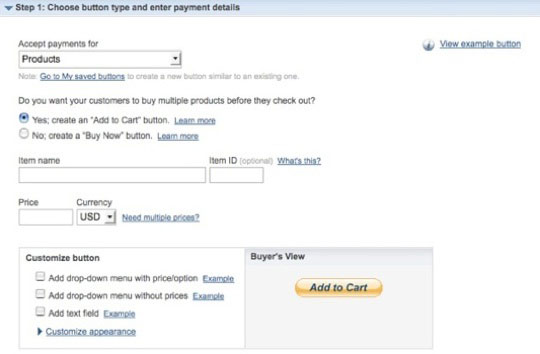
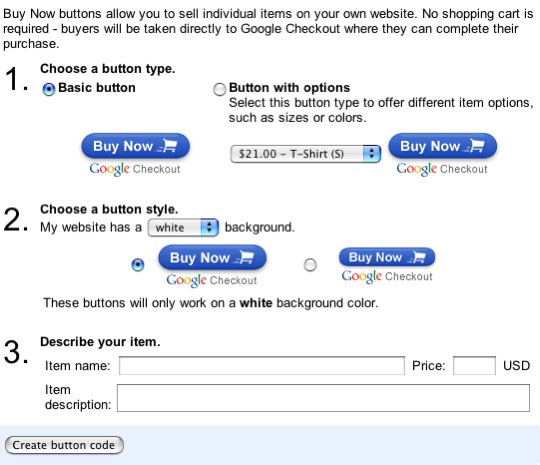
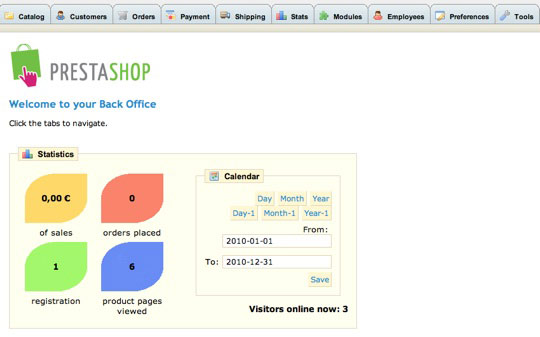
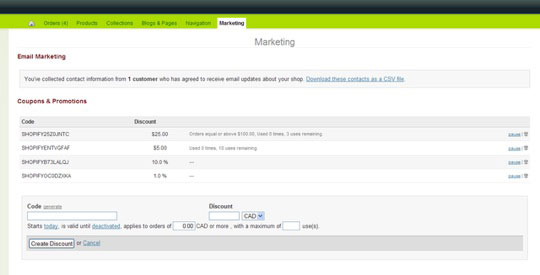
Comments
Post a Comment